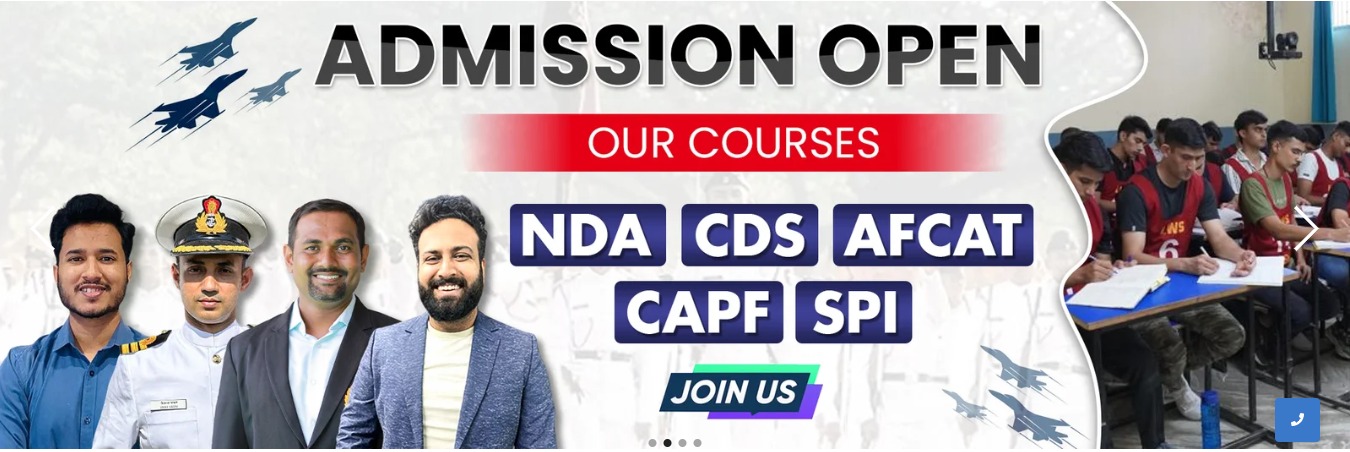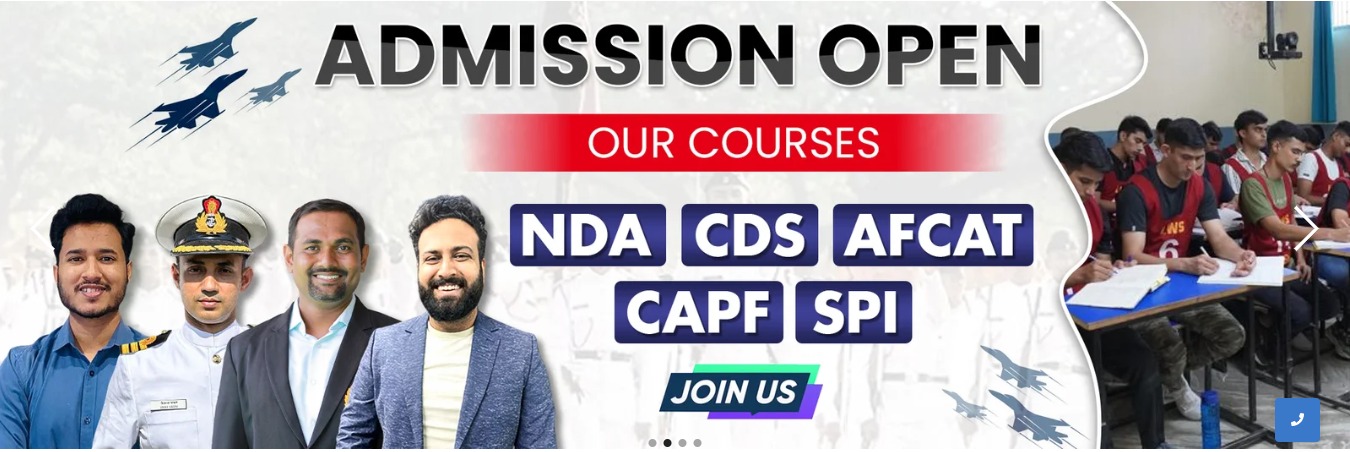From Cold War to Hybrid Threats: Evolution of Global Military Doctrine

Strong 8k brings an ultra-HD IPTV experience to your living room and your pocket.
Introduction
The concept of military doctrine has undergone profound changes over the last century. From large-scale conventional battles during the World Wars to nuclear deterrence in the Cold War era, and now to hybrid threats that blend conventional warfare with cyber attacks, misinformation, and economic coercion—global military strategy continues to evolve rapidly. Understanding these transformations is critical for today’s defence aspirants. Recognizing this, the Best AFCAT coaching in Pune ensures that its students grasp not only historical warfare strategies but also the complexities of modern hybrid warfare shaping today’s security environment.
Cold War: The Age of Nuclear Deterrence
The Cold War (1947–1991) marked a unique period in global military history. It was characterized not by direct combat between superpowers, but by the looming threat of nuclear war. The doctrine of Mutually Assured Destruction (MAD) governed the geopolitical climate, where both the United States and the Soviet Union amassed large nuclear arsenals to deter each other from initiating a conflict.
Military strategies during this time focused on deterrence, espionage, proxy wars, and the strategic placement of military assets. Conflicts like the Korean War, Vietnam War, and Soviet involvement in Afghanistan were indirect outcomes of this global rivalry. Intelligence gathering, psychological operations, and diplomatic maneuvering were as vital as the weapons themselves.
For defence aspirants in today’s era, understanding the dynamics of the Cold War provides crucial context for current international alliances and rivalries. The Best AFCAT coaching in Pune integrates these historical doctrines into its coursework to help students see how today’s challenges are rooted in past strategies.
Post-Cold War Conflicts and Asymmetric Warfare
With the dissolution of the Soviet Union, the world briefly transitioned into a unipolar system dominated by the United States. Military doctrines shifted from nuclear deterrence to managing regional conflicts, peacekeeping operations, and counter-insurgency. The Gulf War (1990–1991) showcased the overwhelming technological superiority of Western forces and highlighted the importance of precision strikes and rapid deployment.
However, the post-9/11 world introduced a new kind of conflict—asymmetric warfare. Terrorist organizations and non-state actors began using unconventional tactics to target state militaries. The doctrine now had to adapt to guerrilla warfare, urban conflict, and counter-terrorism operations. This shift placed a strong emphasis on intelligence, surveillance, and special operations forces.
The rise of asymmetric warfare deeply influenced India's military strategy as well. From the Kargil War to counter-terror operations in Kashmir and the Northeast, India had to modify its doctrines to address threats from irregular combatants. Coaching centers like the Best AFCAT coaching in Pune ensure that their students study these doctrinal shifts in detail, linking global trends with India’s defence policies.
Emergence of Hybrid Warfare
The 21st century has ushered in hybrid warfare—a multidimensional approach that combines conventional warfare with cyber attacks, fake news, economic manipulation, and political interference. This strategy blurs the line between war and peace, making it harder to define when a conflict begins or ends.
Russia’s annexation of Crimea in 2014 is often cited as a textbook case of hybrid warfare, involving cyber disruptions, unmarked troops, media manipulation, and diplomatic deception. China’s grey-zone strategies in the South China Sea, and even the use of digital propaganda during elections in democratic countries, are other examples.
Hybrid warfare requires militaries to be agile, tech-savvy, and politically aware. For aspirants preparing to serve in such complex environments, conventional knowledge is no longer enough. That’s why the Best AFCAT coaching in Pune includes modules on cyber threats, media literacy, and geopolitical awareness in its training structure.
India's Strategic Shifts
India’s own military doctrine has evolved considerably in response to these global trends. From the Cold Start Doctrine, aimed at rapid mobilization against Pakistan, to its increasing investment in space defence, cyber command, and drone technology, India is preparing for future threats on multiple fronts.
The 2020 Galwan clash with China and repeated cross-border skirmishes have emphasized the importance of integrated commands and real-time intelligence. India is also increasingly focusing on indigenization and technological self-reliance in defence manufacturing.
Understanding these shifts is crucial for any aspirant appearing for AFCAT, especially those targeting branches like the Ground Duty (Technical) and Ground Duty (Non-Technical). Institutions like the Best AFCAT coaching in Pune provide comprehensive lessons on current military policies and their historical underpinnings to ensure that aspirants are fully informed and mentally prepared.
Military Doctrine in the Information Age
Today, global military doctrine places significant importance on information dominance. Controlling narratives, intercepting digital communication, and disrupting enemy information systems are now core military objectives. Militaries have created specialized information warfare units to handle psychological operations and cyber intelligence.
The use of social media as a battlefield tool—both for morale and misinformation—is a new-age reality. Officers of the future must not only command troops on the ground but also understand how to manage perception and data in digital spaces. The Best AFCAT coaching in Pune is already adapting its curriculum to address these challenges, offering training that includes current affairs, media analysis, and digital awareness.
Conclusion
From the nuclear standoff of the Cold War to the ambiguous, high-tech operations of hybrid warfare, military doctrines around the world have evolved to meet changing threats. Today’s defence personnel must be versatile—capable of handling both conventional combat and non-traditional forms of conflict that span cyberspace, economics, and media.
For aspirants preparing to join the Indian Air Force through the AFCAT exam, having an understanding of these shifts is not just beneficial—it’s essential. Institutions like the Best AFCAT coaching in Pune offer the holistic education required to navigate this complex landscape, balancing historical knowledge with modern strategy. As warfare evolves, so too must those who prepare to lead it.
Note: IndiBlogHub features both user-submitted and editorial content. We do not verify third-party contributions. Read our Disclaimer and Privacy Policyfor details.



